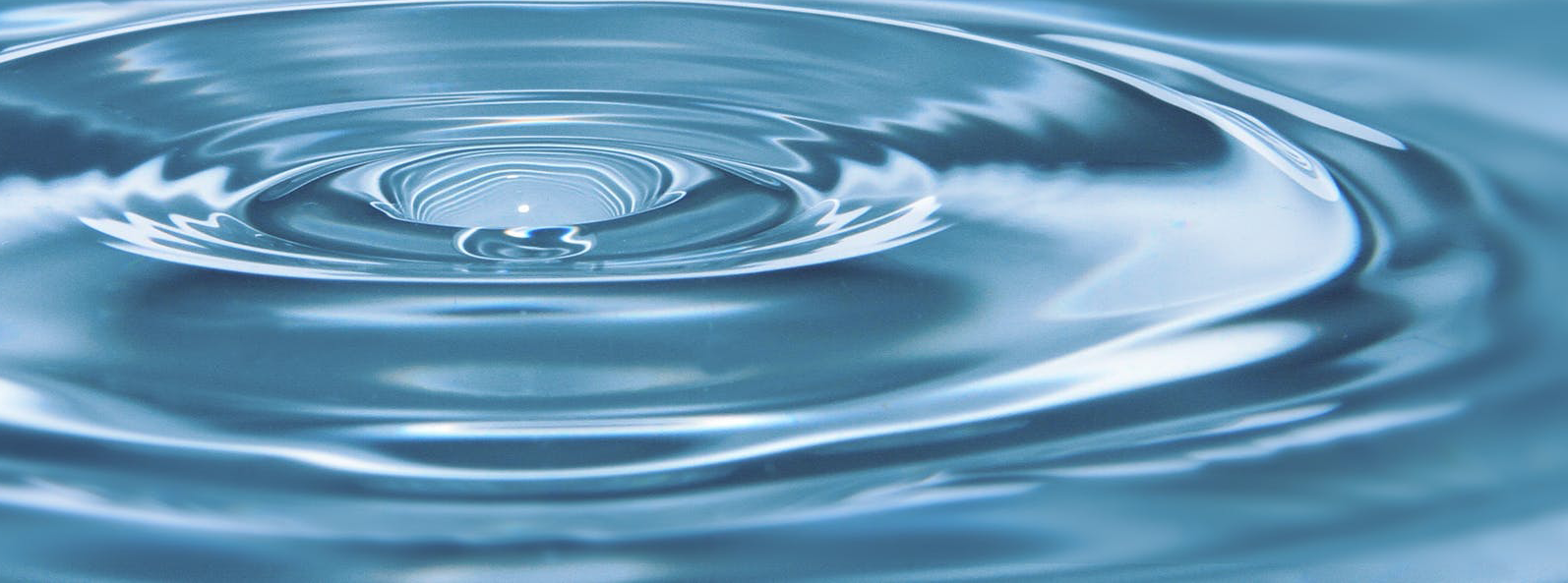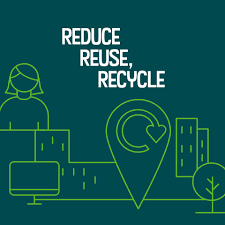
From Waste to Energy

“Healthy rivers carry water to homes, farms, schools and businesses. Along the way they nourish entire ecosystems and provide important habitat for native plants and animals. Environmental water is an important tool to ensure these natural systems survive and thrive for the benefit of all”
Office of Environment and Heritage
(New South Wales, Australia).
Human activities and wastewater discharges in the rivers landing up in the ocean are affecting natural water resources. The maintenance of the aquatic ecosystem is essential to achieve a balance between natural water cycle and human water activities. For this purpose, we aim to increase the sustainability of the natural and social water cycle by reducing waste to a minimum load while reusing and making most of the reusable resources. It is time to provide better protection for our water resources. This latter includes the treatment of wastewaters before being discharged in water bodies. During the last decades, the recovery of valuable chemicals from wastewater has increased, especially the recovery of nitrogen and phosphorus. These two elements were being added to synthetic fertilizers to increase the health of our soils and improve the quality of our food crops. In addition to the extraction of the previously cited chemicals, pharmaceutical products can be extracted and redirected to be used for other industrial purposes. Moreover, wastewater treatment can produce energy under specific conditions. This energy can be used for electrical or heating purposes. Due to current environmental challenges such as global warming and acid rain formation, we observe a growing demand for sustainable and renewable energy sources. Wastewater treatments are not only able to treat our waters but also to produce and extract products and energy. Therefore, the usual expense needed to produce these extracted products and energy are reduced. We engage ourselves with a new circular system based on reusing current waste without increasing it with new production systems. We aim for a healthier water environment for our generation and the future generations that will follow.
Rita Noelle Moussa, University of Aberdeen
